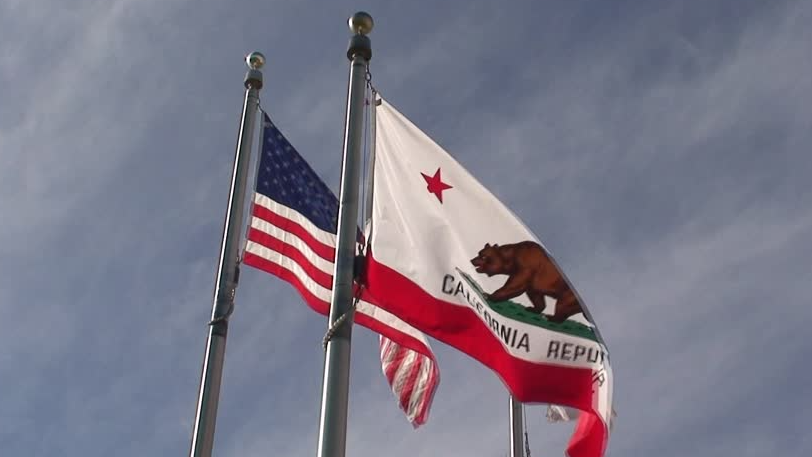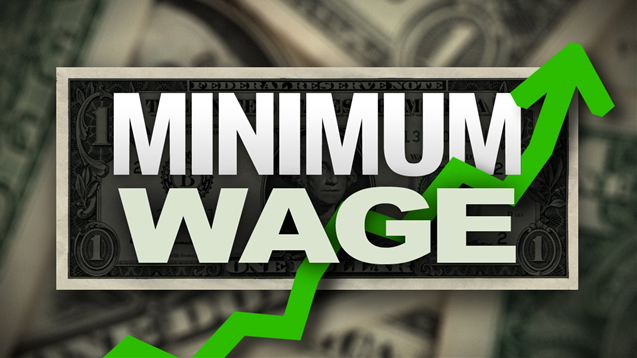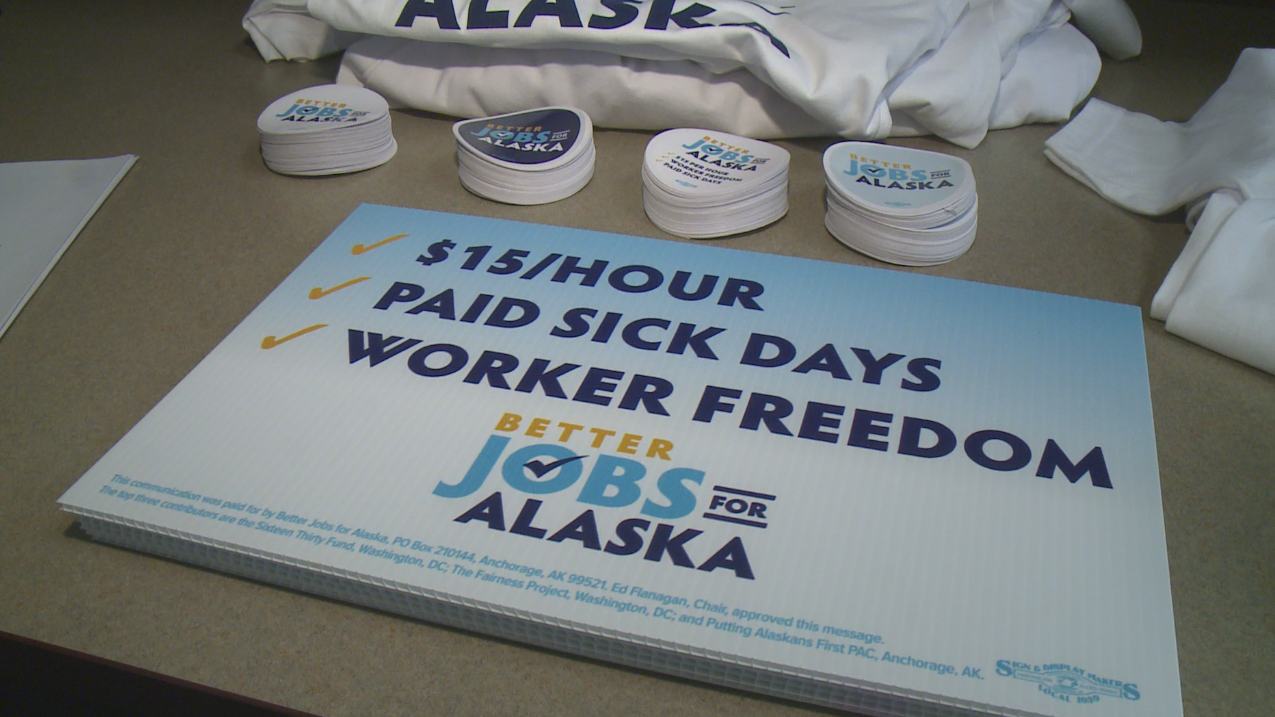As California Proposition 32 approaches the ballot in the upcoming elections, employers across the state must prepare for potential changes in the state’s minimum wage structure. If passed, Proposition 32 will implement a series of wage increases that could significantly impact business operations, particularly for human resources professionals tasked with ensuring compliance and managing payroll budgets.
Understanding the Proposed Minimum Wage Increases
California’s statewide minimum wage is currently set at $16/hour. The state has announced that the minimum wage will increase to $16.50/hour starting January 1, 2025. Proposition 32 proposes a series of increases that would elevate this rate to $17 per hour for the remainder of 2024, with a further increase to $18 per hour starting January 1, 2025. While this change will affect all businesses, small businesses with 25 or fewer employees will have a slightly delayed timeline. These smaller employers would be required to raise their wages to $17 per hour by January 1, 2025, and then to $18 per hour by January 1, 2026.
If passed, this change will make California the highest state minimum wage in the United States. While several cities within California already have local minimum wages that meet or exceed $18 per hour, this proposition would standardize the rate statewide. Beyond these initial increases, Proposition 32 would also introduce an annual wage adjustment based on inflation, capped at 3.5% per year, starting in 2027.
This increase also affects the minimum salary requirements for full-time exempt employees. The minimum salary requirement for these employees is 2x the state minimum wage. This change would increase the minimum salary to $70,720 for the rest of 2024 and $74,880 for 2025.
Timing of Proposition 32 Implementation
If Proposition 32 passes, per Article II, section 10(a) of the California Constitution, laws that do not specify an effective date take effect on the fifth day after the Secretary of State certifies the election results. The certification is expected to occur on December 13, 2024, meaning the new minimum wage of $17 per hour could apply for the final weeks of 2024 for employers with 26 or more employees. On January 1, 2025, the wage would increase to $18 per hour for these larger employers.
Steps for Employers to Prepare for the Wage Increases
The passage of Proposition 32 will require employers in California to take proactive steps to ensure compliance with the new wage laws. Human resources departments will play a crucial role in managing this transition, as it involves adjustments to payroll, employee communications, and business strategies.
-
- Budget Adjustments: One of the most immediate concerns for businesses will be the need to adjust their payroll budgets to accommodate the higher wages. This change will involve preparing for the direct wage increase and addressing potential ripple effects. Employees who earn slightly more than the new minimum wage may expect raises to maintain pay differentials. As part of the planning process, companies should work to ensure that wage increases are reflected in future budgeting forecasts.
- Compliance with New Regulations: Staying compliant with wage regulations is critical, particularly for small businesses. While larger businesses (those with 26 or more employees) must comply with the $18 minimum wage by January 1, 2025, smaller businesses have until 2026 to implement this rate. Companies should ensure they know the specific timeline for their business size and local wage laws that may impose higher minimum wage standards in certain cities. Keeping current state and local regulations will help avoid compliance issues and penalties.
- Employee Communication: Clear communication with employees will be essential throughout this transition. Employers should keep their workforce informed about when the wage increases will occur, how they will be implemented, and what employees can expect moving forward. Regular updates, perhaps through newsletters or staff meetings, can help reduce confusion.
How We Can Help
Wages in Attendance on Demand can be updated to any effective date. These changes can be entered before your chosen date and start automatically. This process is especially good when preparing for a mass change in minimum wages, like a state’s annual minimum wage change. If the legislation passes, companies can enter the $17/hour rate effective December 13, 2024, and $18/hour on January 1. This process is done by going to the Employee’s Personal Information tab and then Rate of Pay. Hit the Change Rate and/or Pay Type button and enter the new rate with the effective date.
For more information on how we can help you through this transition, please contact Time Equipment Company at sales@timeequipment.com or 800-997-8463.










